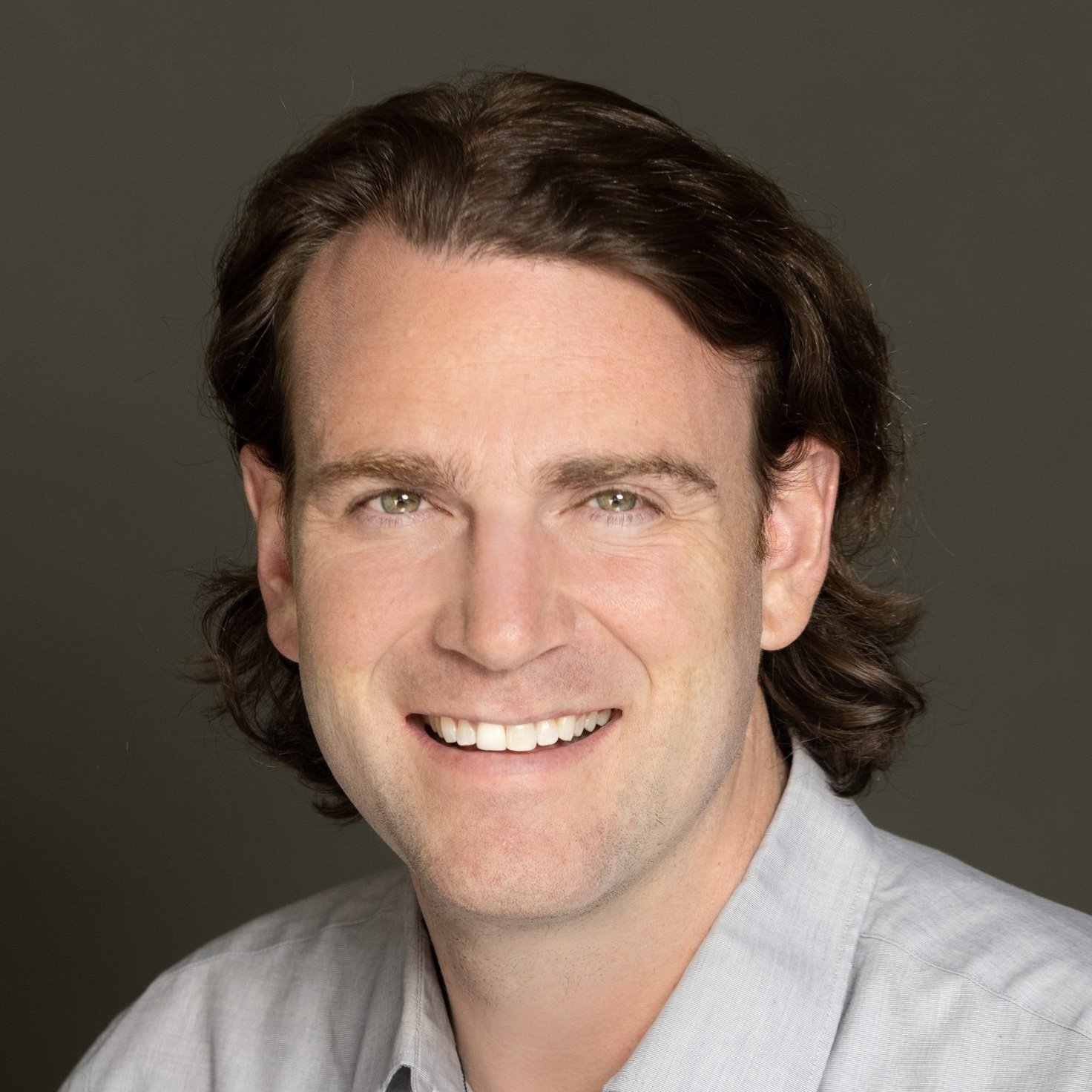
S1E70 - Dr. Nolan Williams - The Brain on Psychedelics
Leading Stanford neurologist and psychiatrist Dr. Nolan Williams joined us for a deeper understanding of current scientific explorations into the growing use of psychedelics in relieving and curing mental health problems. Though not ignoring valid concerns over bad trips and underage usage, Dr. Williams demonstrated how FDA approved research with safeguards can lead to mental health cures. He spoke, too, of the history of the Controlled Substances Act, the brain's plasticity, and sacramental drugs such as Ayahuasca and Ibogaine as well as Psilocybin (magic mushrooms), MDMA (Ecstasy), ketamine, electroconvulsive therapy, EMDR and spaced learning. A renaissance in non-recreational psychedelic uses with some striking results!

S1E69 - Dr. Kristina Dahl - Climate Change: Suffering Up Ahead But Ways to Mitigate
We spoke with leading climate scientist Dr. Kristina Dahl about the vital need for systemic solutions to the systemic problem of climate change and the vacillation many of us feel between hope and despair. If fossil fuels remain indispensable to us, what can be done and what, especially, can we as individuals do to curb carbon emissions and stave off extinction? One of TIME magazine's 2023 list of the world's 100 most influential people, Dr. Dahl takes us into depths of greater understanding of what needs to be done to make a difference.
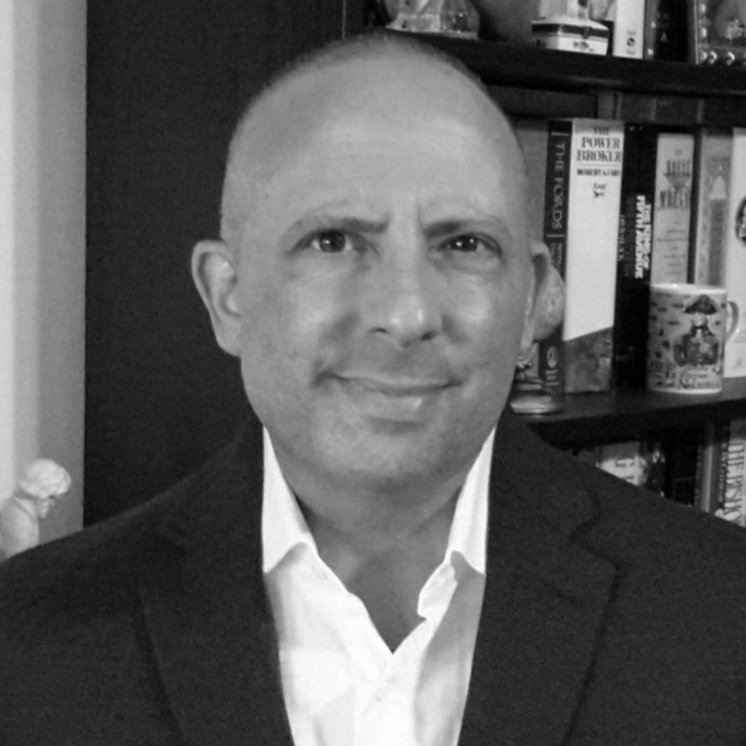
S1E68 - Louis Ferrante - Reformed Criminal and Former Gambino Mafia Family Member
Louis Ferrante, former hijacker and Mafia gangster who turned in prison to research, book writing and Judaism, talks about his life in crime and time in prison and his published history of the American Mafia from his perspective as an insider. He also talks about guilt and religion, Mafia violence, snitching and Omerta, and the Mafia's Sicilian roots, as well as The FBI and who may have killed President John F Kennedy.

S1E67 - Daniel Sokatch - Seeds of Hope from 40 Thousand Feet After October 7th and the War in Gaza
New Israel Fund CEO and self-described politically proud progressive Daniel Sokatch joined us to talk about what Emily Dickinson called "the thing with feathers" and discover seeds of hope for the long-term in the midst of the bloody battles between Israel and Hamas and their seemingly irreconcilable narratives. A passionate and incredibly well informed hour!
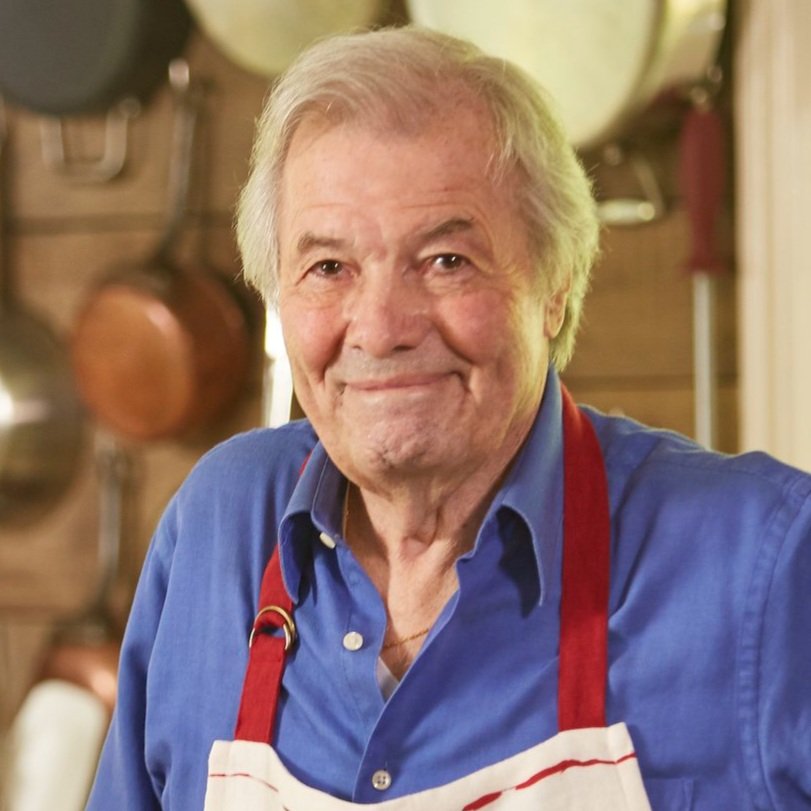
S1E66 - Jacques Pépin - Happy Cooking His Way
Happy Cooking are the two words that now are the trademark on recipes of master chef and culinary artist and educator Jacques Pépin. The French born public television star and author joined us to talk about his most recent book – Cooking My Way: Recipes and Techniques for Economical Cooking. We talked of cooking seasonally; using leftovers; the perfect omelet or soufflé; and cooking at home; as well as Jacques as painter and illustrator and the Jacques Pépin Foundation. We were also able to delve into important and dramatic highlights of his biography, including the terrible car accident that changed his life; cooking for Charles DeGaulle; turning down JFK and Jackie for Howard Johnson and his friendship with Julia Child. An exquisite and enlightening hour with one of the world's most beloved chefs.
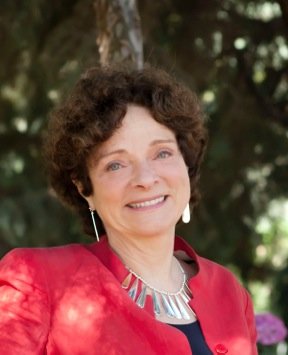
S1E65 - Helen Blau - Stem Cells, Scientific Advancements and Women In Science
Internationally celebrated scientist Helen Blau focuses in on and elucidates the frontiers of stem cell research and her own singularly important work in her Stanford based lab and the company she co-founded. From longevity and replenishing and replacing stem cells, the conversation ranged on to an exploration of telomeres, CRISPR, and cloning and Dr. Blau's personal history as a woman scientist and historic and ongoing challenges women in science face as well as research of Dr. Blau's on muscle deterioration and muscle loss and ways to maintain muscle strength. Another wide-ranging, rich and expansive conversation with live questions from listeners.
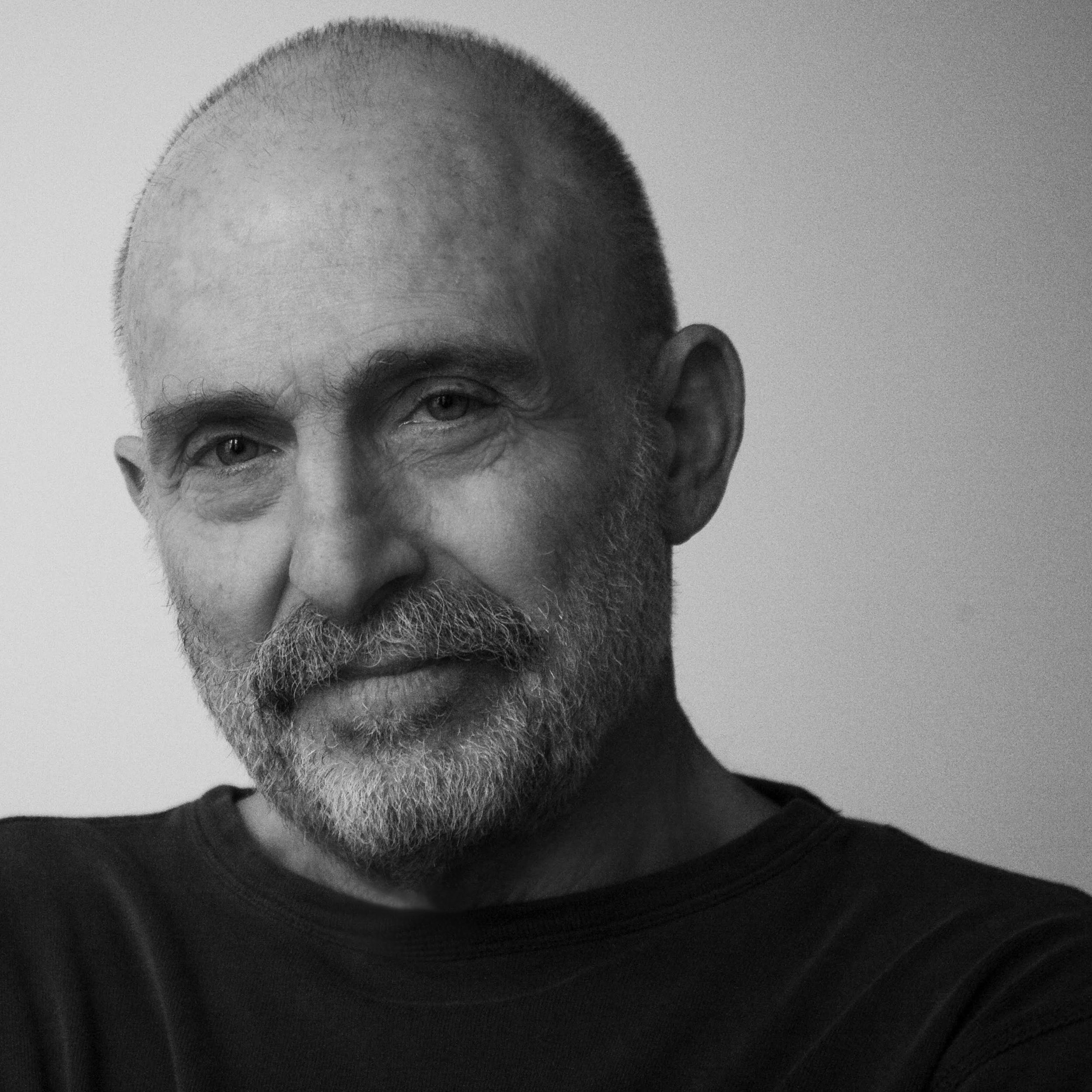
S1E64 - Howard Schatz - Making Rare and Fantastic Photos
We began our conversation with internationally celebrated photographer Howard Schatz by focusing on the nature of creativity and and the challenges of creating "phenomenal" images when so many images are unoriginal, easy to access and abundant -- though the abundance, Schatz feels, makes it easier to determine what is great. He spoke about his interest in the human form and the mystery of art as well as his recent book, PAIRS, anchored in the idea of the diptych. He spoke, too, of the necessity of knowing what is going on in one's chosen field and why it is singularly important not to previsualize, as well as the backgrounds on his computer screen, photographing flowers and nudes and how practicing medicine helped him to be more human and a better photographer. A rich and deep conversation.

S1E63 - Ken Dychtwald - Upsides of Aging and Aging Gracefully
Ken Dychtwald has acquired much wisdom on aging over the years so we began by exploring the upside of aging. He spoke of major historical changes in life expectancy and general attitudes toward aging. From there we discussed the central importance of purpose and the distinction New York Times columnist David Brooks has made between a career resume and a eulogy resume. Ken then followed with thoughts on the uses of free time and the importance of altruism, which can add years to one’s life. He then spoke of retirement and his award winning Harvard Business Review article on retiring. He also had a number of significant observations on the American health care system, including ways AI might be used productively. He talked about how and why he became an expert on aging and ways that marketing and ads have changed to include older people, as well as how overall stereotypes tied to aging have morphed. We concluded discussing the X Prize Foundation (Ken is a trustee), and its commitment to finding ways to match health span to life span as well as the importance of humor. (Your host even told a joke) and youthful versus useful. Conversations can often turn to the unexpected and this one did -- to Beyoncé, Taylor Swift, Tik Tok and aging tied to Biden and Trump. Overall, a rich, energetic and highly illuminating dialogue!

S1E62 - Jason Snell - AI, Digital Divides, and Apple's Challenges
In this engaging conversation with tech expert Jason Snell, the dialogue covered diverse AI-related topics. From the challenges of regulation to biases in machine learning models, the conversation explored societal impacts, education, and the digital divide. Jason also shared insights on the transformative nature of the Internet and discussed Apple's corporate culture amid regulatory concerns. The discourse highlighted the need to reframe AI discussions positively. Aspiring journalists received advice from Jason stressing passion, consistency, and genuine interest in the subject for success in the evolving industry. The conversation provided a rich exploration of AI's potential and its complex implications.
- Title and Summary generated by AI

S1E61 - Cuong Do - Slowing Cognitive Decline
In this enlightening episode of Gray Matter, Michael Krasny explores the life and work of accomplished entrepreneur and CEO of BioVie, Cuong Do. Starting from his humble beginnings as an immigrant from Vietnam, Cuong details his extensive contributions in the fields of business strategy and bio-medical research, from discovering a potential Alzheimer’s treatment to his work in helping autistic individuals. He shares insights from his extensive career on overcoming challenges and how his humanitarian efforts, including teacher training in Cambodia and work with autistic children, are close to his heart. Join us as Cuong offers his perspective on a diverse range of issues including longevity, health, and the American dream.

S1E60 - Dr. Laura Esserman - Aspiring to Better
We recently spoke with Dr. Laura Esserman, a leading internationally recognized surgeon and breast cancer oncologist at the University of California, San Francisco where she serves as director of the UCSF Breast Care Center. We discussed the need to redefine cancer and the need for personalized patient centered care in health care, as well as a range of other issues related to public policy and their impact on the delivery of clinical care. Join us!

S1E59 - Abraham Verghese - Humanizing Healthcare
Best-selling author and Stanford Professor of Medicine Abraham Verghese joined us to talk about his widely acclaimed and best-selling memoirs and novels, and look at the ways medicine can be practiced as a more patient centered, empathic and caring two way relationship. We discussed, too, the value of bedside medicine and the physical exam. Join us.
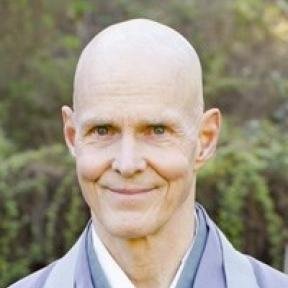
S1E58 - Tenshin Reb Anderson - The Power of Conversation
Our conversation with Tenshin Reb Anderson, one of the most prominent contemporary Zen Buddhist teachers and scholars, author, dharma leader and former abbot, included a deep dive into the belief and practice of Buddhism, with a focus on the wisdom in it for us all, along with your questions and comments.

S1E57 - Larry Smith & Melanie Abrams - Inhibitions Down. Connections Up.
Our interview with Larry Smith and Melanie Abrams challenged our assumptions as we explored the many conceptions and misconceptions of cannabis use. Their new book, The Joy of Cannabis, is an attempt to clear up misunderstanding and describe the how and why of safely availing ourselves of the benefits. In the 1930s with the wane of Prohibition the commissioner of the Federal Bureau Narcotics, Harry Anslinger, attempted to retain personal relevance with racist and xenophobic fear mongering and criminalizing marijuana. Now, with no personal financial interests in a dispensary, Smith and Abrams hope to reset perceptions and normalize the discussion by reassessing the merits. They know the research and call for more. They discourage use before the age of 25 to allow full development of our frontal lobes. Not all weed is created equal, so they are pragmatic about finding what’s right for you. With much greater safety and effectiveness than alcohol, most importantly they point to how small amounts responsibly administered deliver outsized benefits of pain management, focus, flow, creativity, connection and even orgasm. The tidal wave of legalization is based on reclaiming the virtues. Join us to find out what you might not know.

S1E56 - Lee Child - The Business of Revenge
We met with Lee Child on the eve of his retirement as the author of the Jack Reacher book series. The premier proxy for millions of readers who yearn for revenge in lives where revenge is impractical or out of reach, the character of Jack Reacher is a figure who metes out justice against bullies in a way that ironically is equitable and fair. We reflect on Child’s illustrious career, the Reacher movie and TV franchises, the handoff to his younger brother, his “one-draft” writing and research process, his love of guitars and cannabis, and what he thinks he might miss in retirement. Whether you’re curious about Jack Reacher’s motivations and worries, want to know about the inspiration behind the villains in The Secret, are curious about writing in general, or simply wonder what the future holds for storytelling in a world with AI, this conversation holds something for you. Join us for a thoroughly entertaining hour.

S1E55 - Amichai Magen - Defeating an Ideology
In the wake of Hamas’ unprecedented attack across Israel’s southern border with Gaza, we met with Amichai Magen, Visiting Fellow in Israeli Studies at Stanford University’s Freeman Spogli Institute for International Studies to take stock of the humanitarian and geopolitical dynamics in Israel, Gaza, the Middle East, and the globe writ large. As the chess pieces of this conflict continue to move, the central question is whether pragmatic Islamic states can establish stability by resisting the seeds of chaos sewn by the “Axis of Resistance.” The irony of jihadist terrorism is that Muslims disproportionately bear the brunt. Tectonic plates are shifting. Will Hatikva (The Hope) prevail? Listen for what phoenix might rise from these ashes. Magen quotes Israel’s first prime minister David Ben Guron to say, “If you don’t believe in miracles, you’re not a realist.” Join us.
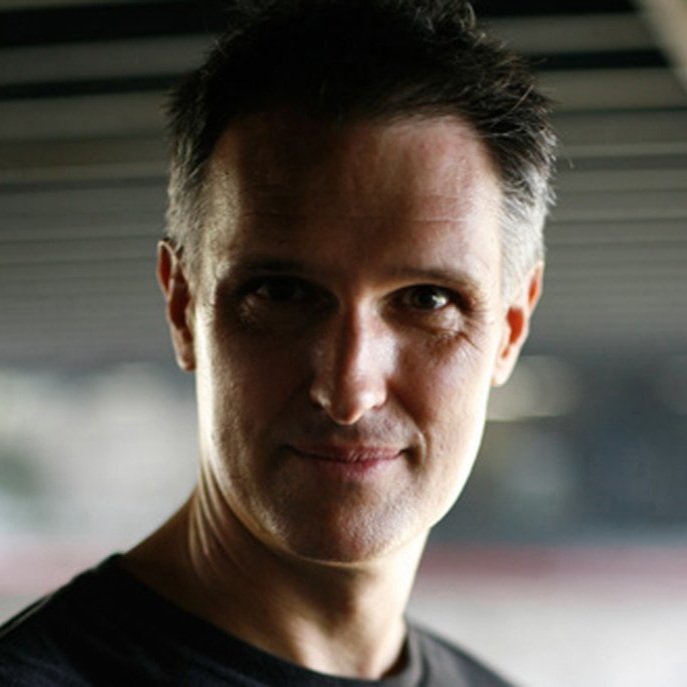
S1E54 - Iain McCaig - Storytelling from the Chocolate Box
Why are some of us drawn to scary stories? “Because we want to believe that we are strong enough to survive being scared.” In peeking into that dark side, we cultivate empathy. Few have had a bigger role in constructing imaginary worlds than renowned concept artist Iain McCaig. His work is truly the stuff of legend. We found his zest for illustration, telling stories, the creative process and living a creative life to be nothing short of infectious. Accountable only to his own validation, McCaig is an exemplar of living fully and illuminating a path for the rest of us to follow. We spoke of his illustrious career and his esteemed colleagues, as well as his myriad creative projects past, present and future. Unencumbered by a quest for truth, McCaig cannot NOT tell stories that make people smile. Despite, or perhaps because of, being left to live alone at 14 and surviving a heart attack, he is only afraid of being afraid. He left us with an irrepressible urge to draw our own stories - a skill, he insists, that we all possess. Join us to catch that itch.

S1E53 - Norman Solomon - Shining Light on Inconvenient Truths
We met with Norman Solomon, co-founder of RootsAction.org and executive director of the Institute for Public Accuracy, to shed light on what we are NOT told about our military involvement around the globe. One cannot fathom the human toll of 4.5 million lives lost directly and indirectly from US military action since 9/11. Solomon implicates corporate media and Hollywood in obfuscating the real human cost, especially of innocent non-combatants. To illustrate this point, he explains that for every innocent US life lost in the World Trade Center attack, the US killed 100 innocents in Afghanistan, Iraq, and elsewhere. Why do we value one human life more than another? While hopeful of a time when humanity can rise above violent conflict, Solomon principally advocates for more truthful and accurate disclosure in place of the terrifyingly efficient propaganda machine that erases this awareness from the public consciousness. The glorification of war and the absence of rigorous discourse before military action all contribute to this. Decentralized non-corporate journalism may hold a key. Newsrooms themselves have become an endangered species. Can we build movements and sensibilities that say “war first” is unacceptable? To quote Antonio Gramsci, “It is time for pessimism of the intellect, and optimism of the will.” Join us.

S1E52 - Geraldo Rivera - For the Record
We talked to Geraldo Rivera about a range of topics, including much that is in the news and on Fox News, where he was for twenty-three years until recently. Leadership there is soon to change from Rupert Murdoch to his son Lachlan. What does Geraldo think about that shift and what are his thoughts on the so-called "fair and balanced" news network? We talked to him about his career and his politics and his long-time friendship with Donald Trump. All of that and more were up for discussion as were his many feuds and controversies. Join us!

S1E51 - Avi Loeb - The Infinite Sum Game
In the same week that NASA announced Mark McInerney as its new Director of Unidentified Anomalous Phenomena (UAP) Research - known to the rest of us as UFOs - we met with Harvard Professor of Science Avi Loeb, dubbed one of the 25 most influential people on the topic of Space. We discuss his recent expedition to the ocean near Papua New Guinea where their team collected and analyzed material from an interstellar “package” that could provide physical evidence of intelligent life elsewhere in the Universe. While Loeb points out that the ocean is an “excellent museum” where we can conduct cost-effective research, he is under fire for his engagement of the public and for proposals that some think are outlandish. In his own defense, he is collecting the physical evidence, using the scientific process to validate his claims, and staying true to the spirit of academia. Tenure was designed to encourage researchers and thinkers to deviate from the beaten path in order to achieve breakthroughs. Loeb believes that finding an intergalactic “partner” would give humanity vast inspiration and greater purpose than the common cross-border squabbles that currently consume most of our resources in defense spending. Listen for a glimpse into how we all can contribute to the “Infinite Sum Game” that is the nature of science. Join us.



